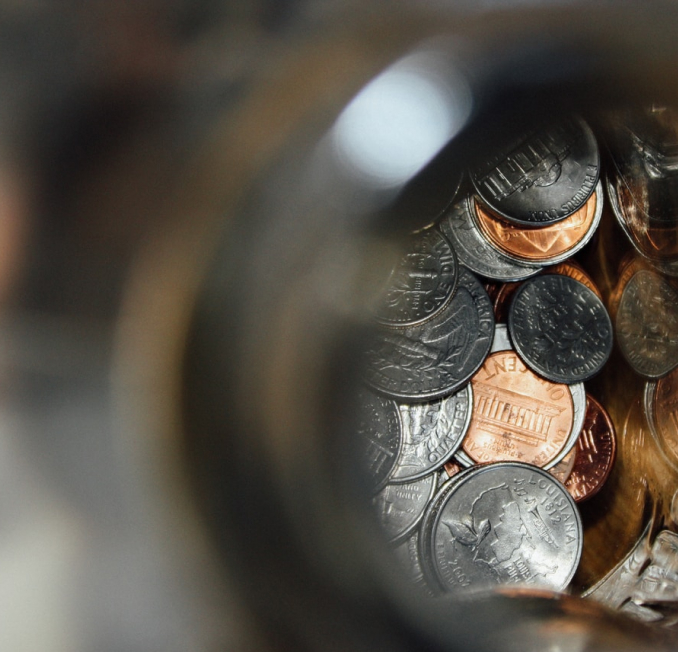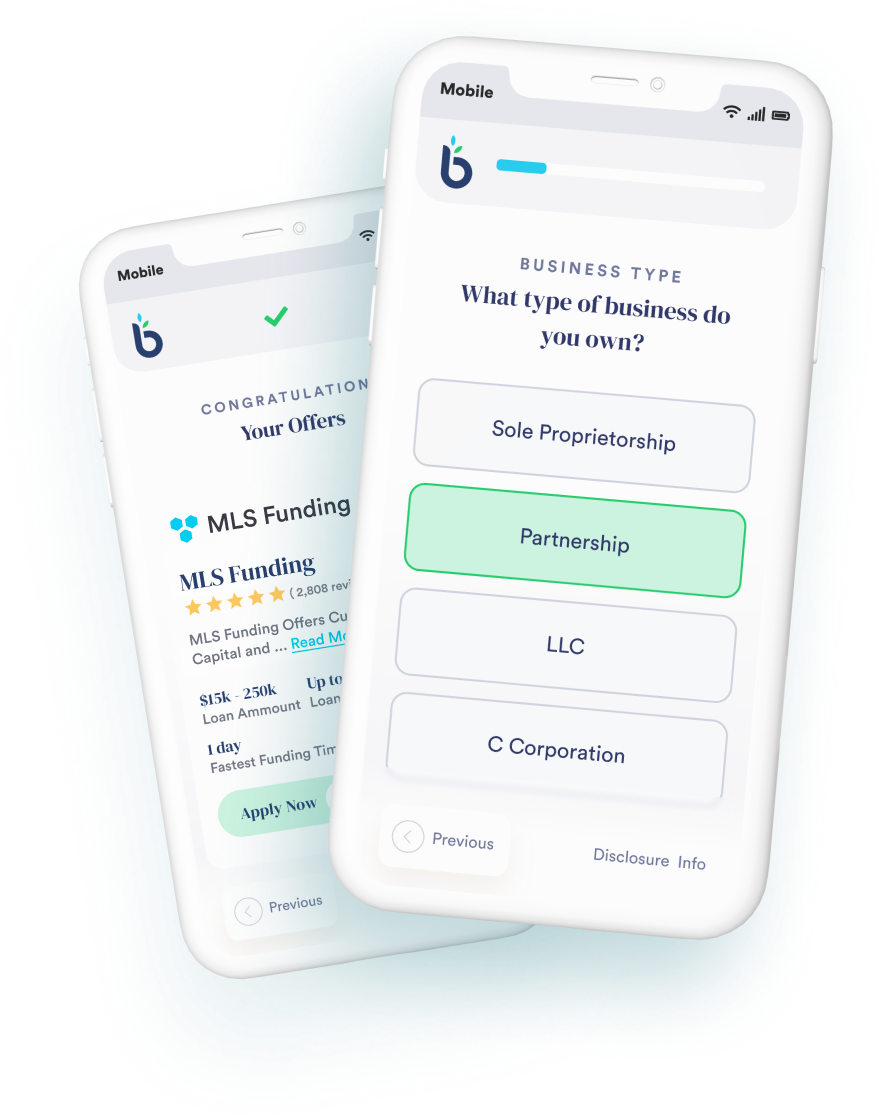Featured : Loan Process
Q: How long will it take to receive my funds?
A:Timing for receiving approved funding depends on many factors. Each lending partner has its own approval processes, and results in differing funding timelines. The typical time to fund can be anywhere from 24 hours to 1 week.

Loan Types
A:
A line of credit is a revolving form of credit that provides a predetermined capital limit and can be accessed as needed. Unlike a traditional term loan, all or part of the line can be accessed at any time up to the predetermined limit. Interest is only paid upon the amount actually used.You can read more about a business line of credit in our Business Owners’ Guide to a Business Line of Credit.
A:
Technically factoring is not a loan; it is the purchase of future receivables. A third party, known as a factor, purchases a company’s invoice(s) or purchase order(s) at a discount giving a business owner access to a percentage of that invoice or purchase order upfront, instead of when the invoice is paid. The balance, minus the agreed upon fees or discount, is paid to the business owner once collected by the factor.For example, if you had an invoice for $10,000, using a factor (or factoring that invoice) would allow you to access a percentage now, and the balance, minus the factor’s fee when the invoice was paid. Every factor is a little different, but let’s say the factor paid you $8,000 now and the factor’s fee was 6%, the transaction would look like this:$8,000 today + $2,000 – $600 (factor fee) when the invoice was paidBasically, you sold the $10,000 invoice for $600 to access the capital now, instead of later.You can read more about factoring in our Business Owners’ Guide to Factoring.
Applying
A:
A bankruptcy in your past doesn’t necessarily preclude you from getting a small business loan, but it might make it more challenging. While not all lenders have the same requirements after bankruptcy, it’s unlikely a borrower would qualify within the first year. Many lenders will require at least one year of improving credit history following the disposition of a bankruptcy.
A:
Collateral is any asset or assets, which can be offered by a borrower to secure a loan. Should a borrower default, the lender can take possession of the asset, or assets, to satisfy the loan.You can read more about collateral in our Business Owners’ Guide to Term Loans.
A:
It’s common practice for lenders to require a personal guarantee from the business owner(s) to protect the lender should the business default on the loan. Lenders do this to mitigate the risk of lending to small businesses, and the guarantee is often a requirement by the lender before offering a loan. In the event of a default, a personal guarantee gives the lender additional options to collect the debt.
A:
That all depends upon the type of loan you’re looking for. To qualify for an SBA loan you’ll need a business plan. While other lenders might not require a formal business plan, they will ask questions about loan purpose, how this loan might positively impact profitability, etc. Whether or not a lender requires a business plan, it’s a good idea to go through the exercise so you can articulate why you are looking for a loan and the benefit you expect to gain from the capital.
A:
A business loan is a type of loan designed for businesses to help them finance their operations, payroll, equipment and expansion opportunities.
A:
To qualify for a business loan, lenders typically look at your credit score, time in business, and your business bank statements to evaluate cash flow. Depending on the lender, they may ask for additional information during the underwriting process.
Loan Process
A:
A personal credit score is a reflection of how someone repays their mortgage, auto loans, or other personal obligations and is typically demonstrated in a score from 300 to 850. The higher the score the better. A business credit profile reflects how business owner meets their business financial obligations. While there is no universal business credit score, some of the bureaus score different business behaviors to represent creditworthiness. The three primary personal credit bureaus are: Experian, Equifax, and Transunion. The three primary business credit bureaus are: Dunn & Bradstreet, Experian, and Equifax.Learn more about business credit and personal credit in our Business Owners’ Guide to Business Credit and our Business Owner’s Guide to Personal Credit.

Ready to get started?